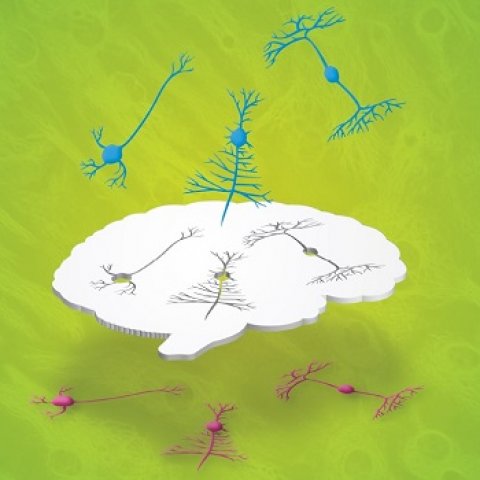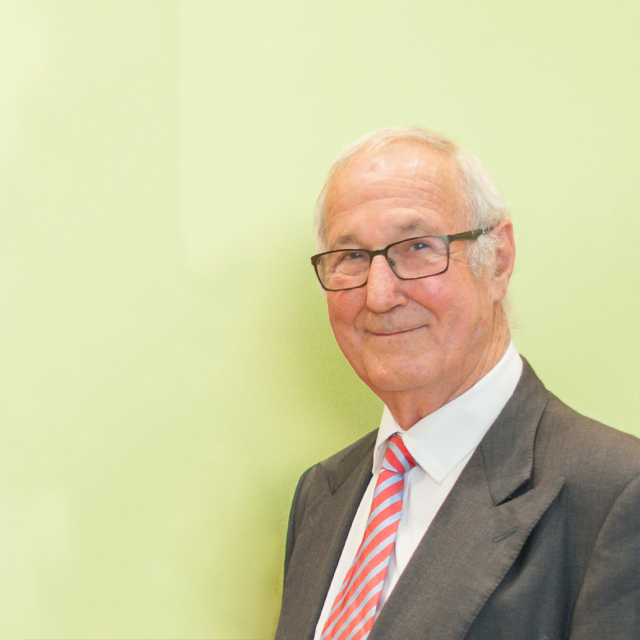Merson Lecture 2014: Developing better treatments for Alzheimer’s Disease: the long and short of it
Abstract
Alzheimer's Disease is characterized by progressive loss of memory and other cognitive functions. Typically, a decade or so passes before the illness has taken its course and patients die in a completely helpless state. The long duration of Alzheimer’s disease and its attack on the fragile structures that harbour the very essence of who we are place an enormous emotional and financial burden on patients, their families and society. Although there are still no effective treatments to prevent, halt or reverse Alzheimer’s disease, recent research advances could change this gloomy picture before long.
Genetic studies have demonstrated that the disease has multiple causes. Interdisciplinary studies combining cutting-edge approaches have revealed some of its molecular mechanisms. Useful new biomarkers are being discovered and the emergence of personalized medicine is poised to transform pharmaceutical development and clinical trials. Indeed, progress in diverse disciplines of science, technology and medicine has helped unravel many important aspects of this mysterious illness, several of which will be reviewed in this lecture. Dr Mucke will also discuss some of the obstacles on the path of translating scientific insights into more effective treatments for Alzheimer’s disease, and potential strategies to overcome them.
In his opinion, more effective links need to be established between basic scientists and clinical investigators and between academia and the pharmaceutical industry to expedite the discovery and validation of potential drug targets and the production of new therapeutics.
Speaker
 Dr Mucke is the founding director of the Gladstone Institute of Neurological Disease and holds joint appointments as the Joseph B Martin Distinguished Professor of Neuroscience and Professor of Neurology at the University of California, San Francisco. His research focuses on processes that result in memory loss and other major neurological deficits, with an emphasis on Alzheimer’s disease and related disorders. He has generated informative experimental models of these conditions and used them to identify novel strategies to prevent neurological decline. Dr Mucke has served on the National Advisory Council on Aging for the NIH and is a member of the American Neurological Association, the Association of American Physicians and the Senate of the German Center for Neurodegenerative Diseases (DZNE).
Dr Mucke is the founding director of the Gladstone Institute of Neurological Disease and holds joint appointments as the Joseph B Martin Distinguished Professor of Neuroscience and Professor of Neurology at the University of California, San Francisco. His research focuses on processes that result in memory loss and other major neurological deficits, with an emphasis on Alzheimer’s disease and related disorders. He has generated informative experimental models of these conditions and used them to identify novel strategies to prevent neurological decline. Dr Mucke has served on the National Advisory Council on Aging for the NIH and is a member of the American Neurological Association, the Association of American Physicians and the Senate of the German Center for Neurodegenerative Diseases (DZNE).
About The Merson Lecture
 The annual lecture is named in honour of Dr David Merson, who supported the series in order to promulgate the best neuroscience research and what it has to offer the community in the future. It is given by a prominent, internationally leading neuroscientist whose research is of relevance to laboratories at QBI.
The annual lecture is named in honour of Dr David Merson, who supported the series in order to promulgate the best neuroscience research and what it has to offer the community in the future. It is given by a prominent, internationally leading neuroscientist whose research is of relevance to laboratories at QBI.
Dr Merson is the founder and ex-CEO of Mincom Limited. Since retiring, he has become director of a range of organisations and charitable institutions. He is a member of QBI’s Advisory Board and was the inaugural Chair of the QBI Development Board. His philanthropic sponsorship of this lecture is indicative of a strong community interest in neuroscience and the inspiring research that is being done in the area of neurological and mental diseases.
